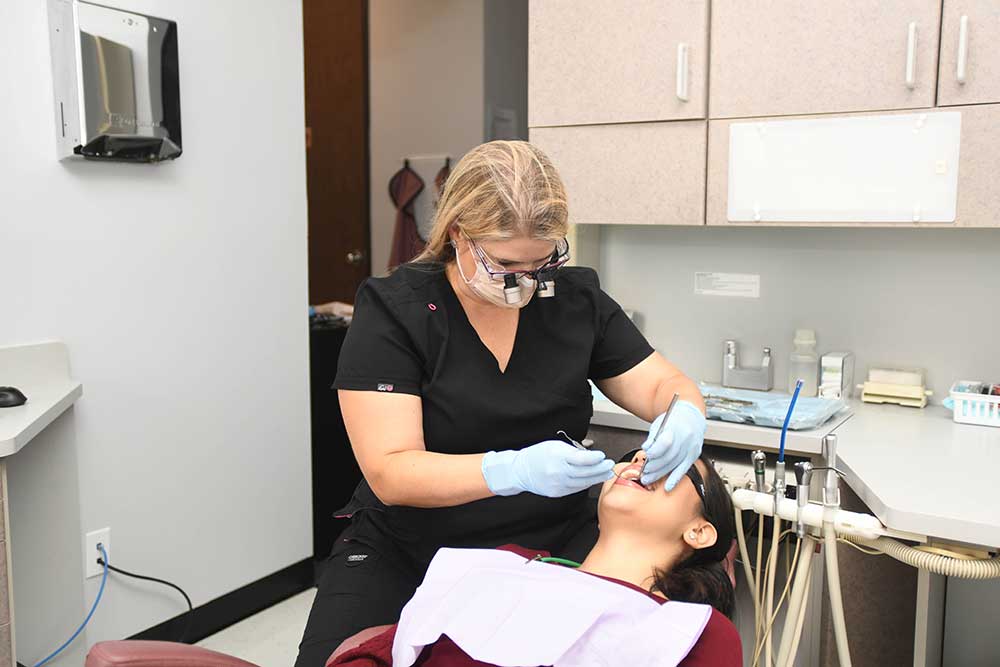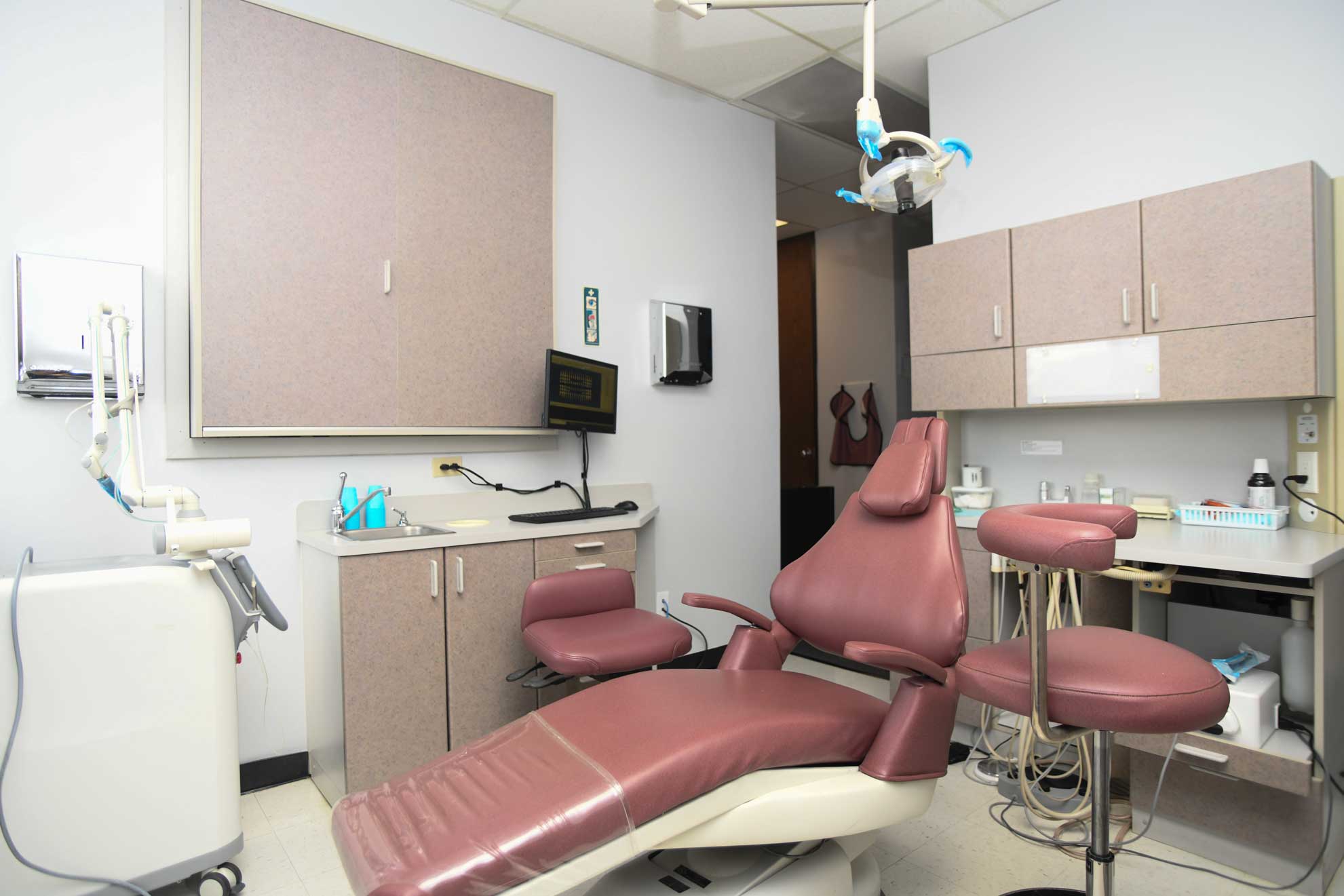Teeth Grinding | Nottingham Dental
Teeth grinding — also known as bruxism — is a condition in which you clench your teeth subconsciously. Please continue reading for a detailed discussion of teeth grinding at Nottingham Dental in Katy, TX.
CALL US: (281) 578-0211
In This Article
Teeth grinding — also known as bruxism — is a condition in which you clench your teeth subconsciously. Please continue reading for a detailed discussion of teeth grinding at Nottingham Dental in Katy, TX.


When you chew your food, your teeth come in contact with each other occasionally. In normal situations, your teeth should only be in contact with each other for a total duration of 5 minutes per day. This limits the amount of wear over the years, which is perfectly normal. However, sometimes, your teeth may develop a flattened look or the enamel may be worn thin as if it has been scraped off. Regular chewing habits shouldn’t erode the enamel to such an extent.
Most people don’t even know they have habits that will cause such issues. But if you find that you subconsciously grind your teeth at any time of the day or night, you may damage your teeth considerably. In some cases, people grind their teeth while sleeping while others do it while they’re awake. A good indication that you suffer from teeth grinding — or bruxism — is jaw soreness or toothaches in the morning. The muscles in your jaws are extremely strong and they can cause a lot of damage if you don’t check your teeth grinding habit.
Teeth grinding doesn’t just wear down the teeth and strain your muscles, but it also damages your joints. Furthermore, damage to these joints can lead to considerable chronic pain and arthritis. You may also hear popping and clicking sounds when you chew or move your jaw muscles. This condition is also pretty difficult to reverse once it sets in.
Most people don’t even realize they suffer from teeth grinding until it’s too late, especially if they suffer from nighttime teeth grinding. That’s why you need to be vigilant about the signs and symptoms of teeth grinding. If you notice flattened teeth or soreness, you need to contact a dentist immediately. Please continue reading for a detailed discussion of teeth grinding at Nottingham Dental in Katy, TX.
As mentioned earlier, most people don’t even realize they suffer from teeth grinding or bruxism until it’s too late. The following are some signs and symptoms of teeth grinding you should watch out for:
Teeth grinding and bruxism may be caused by psychological or physiological reasons. It’s important to discover the root cause of teeth grinding and address them directly. The following are the most common causes of teeth grinding and bruxism.
If you suffer from constant teeth grinding, you should seek help immediately. If you don’t seek help, your teeth grinding may have terrible consequences:
If you go for regular dental appointments, your dentist will likely catch signs of teeth grinding during your sessions. In most cases, if you display signs of teeth grinding, the dentist will ask you to come at regular intervals so they can track the progress of your teeth grinding, the damage it’s causing, and try to narrow down its potential root cause. The dentist will also ask some basic questions about your sleeping habits and lifestyle.
Based on all of that information, the dentist may recommend one or several of the following treatments or preventative methods for teeth grinding:
At Nottingham Dental, we have world-renowned dental experts who get to the root cause of your teeth grinding and bruxism before prescribing treatments. We believe in long-term holistic solutions to your teeth grinding problems and we also provide mouthguards to protect your teeth in the meantime. For more information, please schedule your appointment to stop your teeth grinding today.

|
WE ARE NOW OPEN & SEEING PATIENTS
|